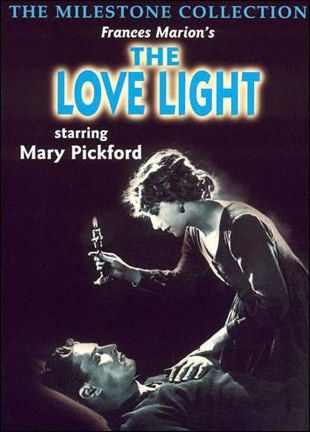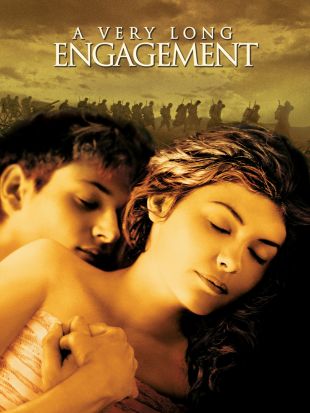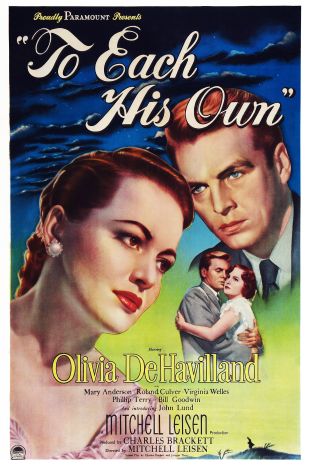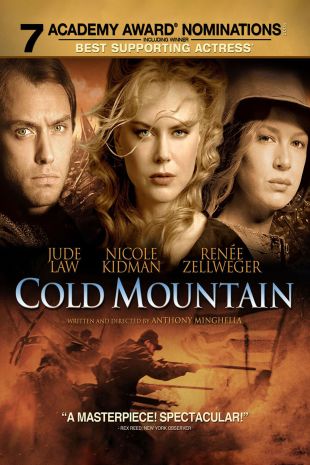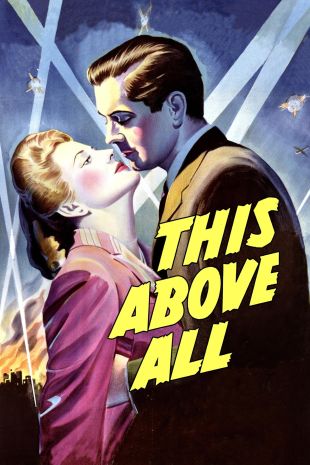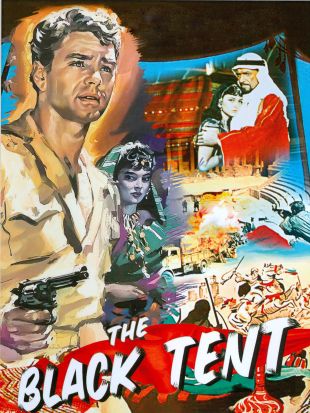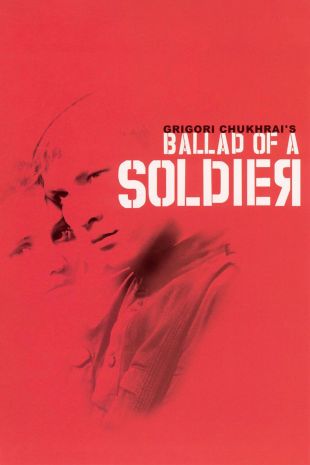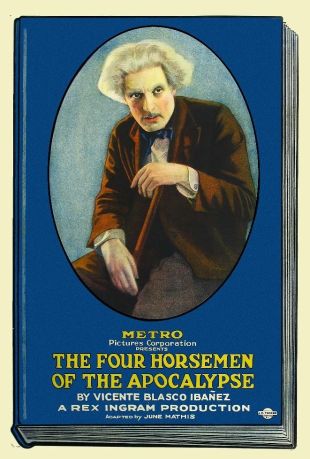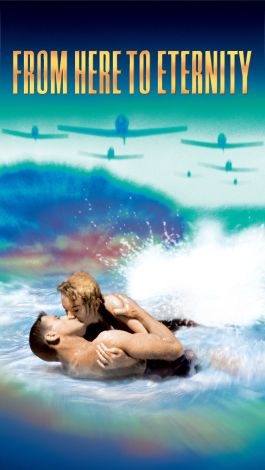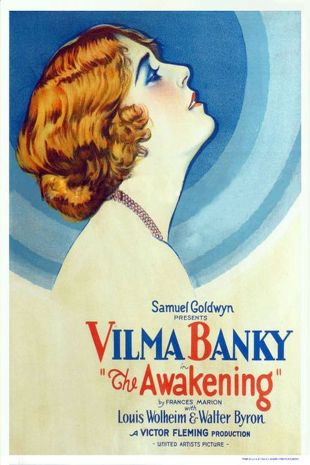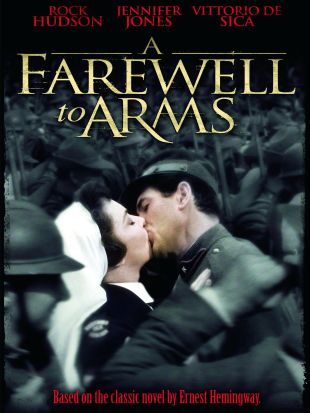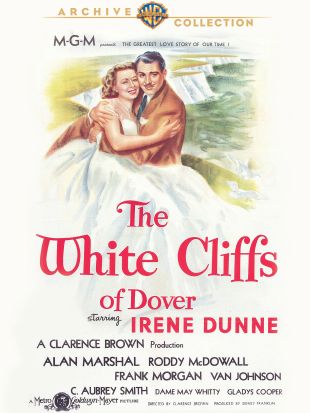The Greatest Thing in Life (1918)
Directed by D.W. Griffith
Share on
Synopsis by Janiss Garza
In the sentimental world of filmmaker D.W. Griffith, the greatest thing in life is love. Obtaining it and understanding it, however, isn't so easy, as Jeanette Peret (Lillian Gish) learns. While working in her father's Greenwich Village cigar store, she meets an attractive but arrogant Southern youth, Edward Livingston (Robert Harron). She and her father (Adolphe Lestina) visit their country of origin, France, but unbeknownst to Jeanette, Edward has paid for the trip. While in France, Jeanette meets and marries an earthy and rather plodding grocer, Monsieur le Bebe (David Butler). The first World War begins, and both Jeanette's husband and Edward wind up enlisting. In battle, the insolent young Edward learns a lot about humanity while Monsieur le Bebe is killed. Edward returns from the war a changed man and finally finds a permanent place in Jeanette's heart. When The Greatest Thing in Life was released, much ado was made over a new photographic effect used in the film -- the soft-focus close-up. Also, notably, there is a touching scene between Harron's character and an African-American soldier. The soldier saves Edward's life, but is mortally wounded. When the dying man calls out for his mother, Edward pretends to be his mother, cradling him in his arms and even giving him a kiss. This is quite a difference in attitude toward blacks compared to The Birth of a Nation. Griffith was not a racist, he was merely a product of his Southern background. The Greatest Thing in Life, along with Griffith's other Artcraft-distributed features (there were seven), was underappreciated in its time. Other films from this period of Griffith's career (such as A Romance of Happy Valley) have grown in stature. Unfortunately, it is doubtful that the true value of The Greatest Thing in Life will ever be realized, as it remains a lost film.
Characteristics
Themes
Keywords
war, death, humanity, kiss, life, mother, prejudice, racism, silence, soldier, Southerner, trenches
